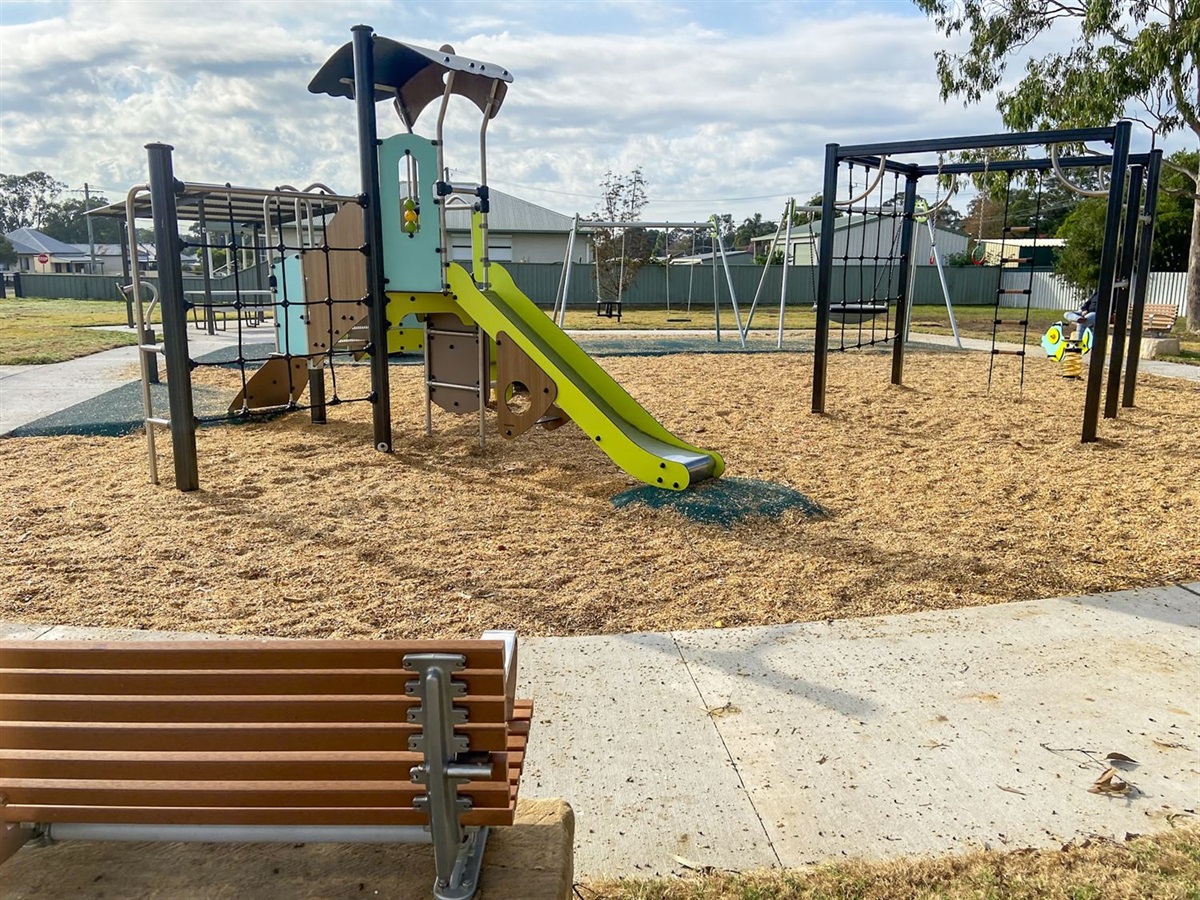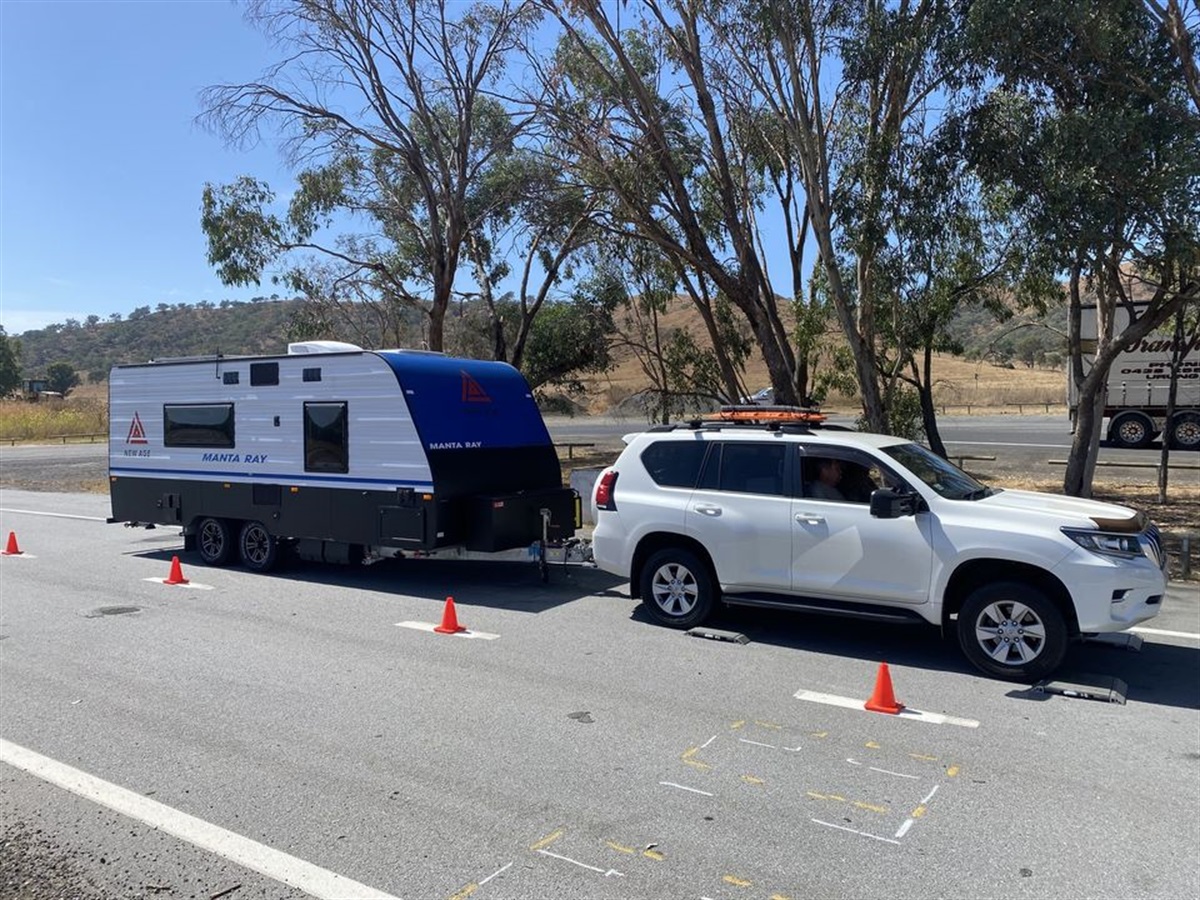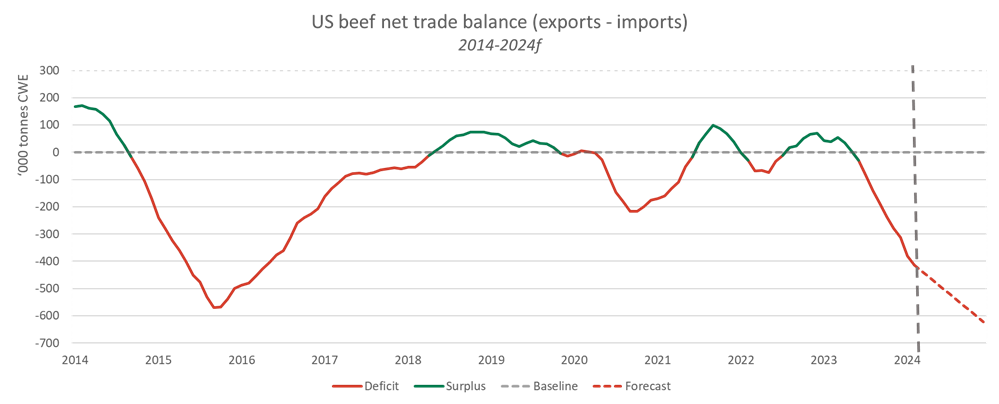RMIT University is a partner in SELFY, a new European research project aiming to make digitally connected vehicles safer.
About 50 million connected and autonomous cars are expected to be circulating in Europe by 2026 as part of a Cooperative Connected Autonomous Mobility (CCAM) ecosystem in which road users interact not only with each other but with other elements of the transport infrastructure.
CCAM is seen as a means to improve the coordination of road traffic, for example by providing real-time data about driving conditions or upcoming congestion on the motorway.
However, increased digital connectivity brings a heightened risk of malicious assaults on the system, including cyber-attacks or cyberterrorism events that have the potential to not only disrupt mobility but cause harm.
SELF assessment, protection & healing tools for a trustworthY and resilient CCAM, or SELFY for short, is the first European-funded research collaboration between project coordinator Eurecat and RMIT since their partnership began in May 2011.
As an associated partner in the project, RMIT will co-supervise a researcher alongside the Technische Hochschule Ingolstadt in Germany.
“RMIT will contribute with expertise in artificial intelligence techniques to detect cyber-attacks in large-scale distributed systems,” said Professor Zahir Tari, Research Director of the RMIT University Centre of Cyber Security Research and Innovation (CCSRI), School of Computing Technologies.
SELFY will develop collaborative tools aimed at increasing the security, protection and resilience of the CCAM environment against cyber-attacks or malicious actions, for example by detecting vulnerable vehicles and security breaches.
Once the tools have been validated in the laboratory, the project team will build three scenarios in realistic, controlled environments to demonstrate their performance and effectiveness.
With European regulations now requiring cybersecurity certificates for digitally connected vehicles, the research team expects the toolbox to be adopted by various traffic and infrastructure management organisations, providing self-awareness, self-resilience and trust among road users.
Tari will work on SELFY, whose formal kick off took place in July, alongside Professor Ibrahim Khalil, Associate Professor Fengling Han and Dr Shabnam Kasra Kermanshahi from RMIT’s School of Computing Technologies.
The project consortium includes 16 partners from eight countries including Australia, Spain, France, Germany, Austria, the Netherlands, Japan and Turkey.








